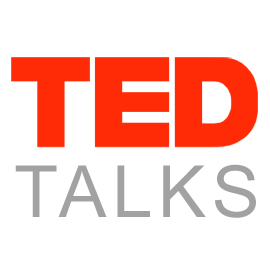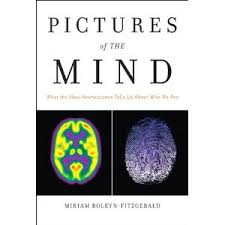If so far it has seemed like we inches from knowing everything we can know about the brain, there is a caution to all this study. Our excitement often outpaces our reality. We know more than we used to, but we certainly don’t know everything, and much of what we think about the brain is still unsubstantiated by good scientific experimentation and analysis.
Brains are ubiquitous in modern marketing: Headlines proclaim cheese sandwiches help with decision-making, while a “neuro” drink claims to reduce stress. There’s just one problem, says Molly Crockett: The benefits of these “neuro-enhancements” are not proven scientifically. Neuroscientist Molly Crockett studies altruism, morality and value-based decision-making in humans. In this to-the-point talk, Crockett explains the limits of interpreting neuroscientific data, and why we should all be aware of them.
Can what you eat influence your sense of justice? Will a simple drug make you more likely to help a stranger on the street? Neuroscientist Molly Crockett asks and answers these and many other fascinating questions about the influence of neurotransmitters, like dopamine and serotonin, on altruism and decision-making. Neuroscience may hold the answer, says Crockett, but there are still limits to our ability to draw conclusions from neural research. Crockett received her PhD from the University of Cambridge in 2011, and she is currently working with support from the four-year Sir Henry Wellcome Postdoctoral Fellowship studying human altruism in laboratories worldwide.








